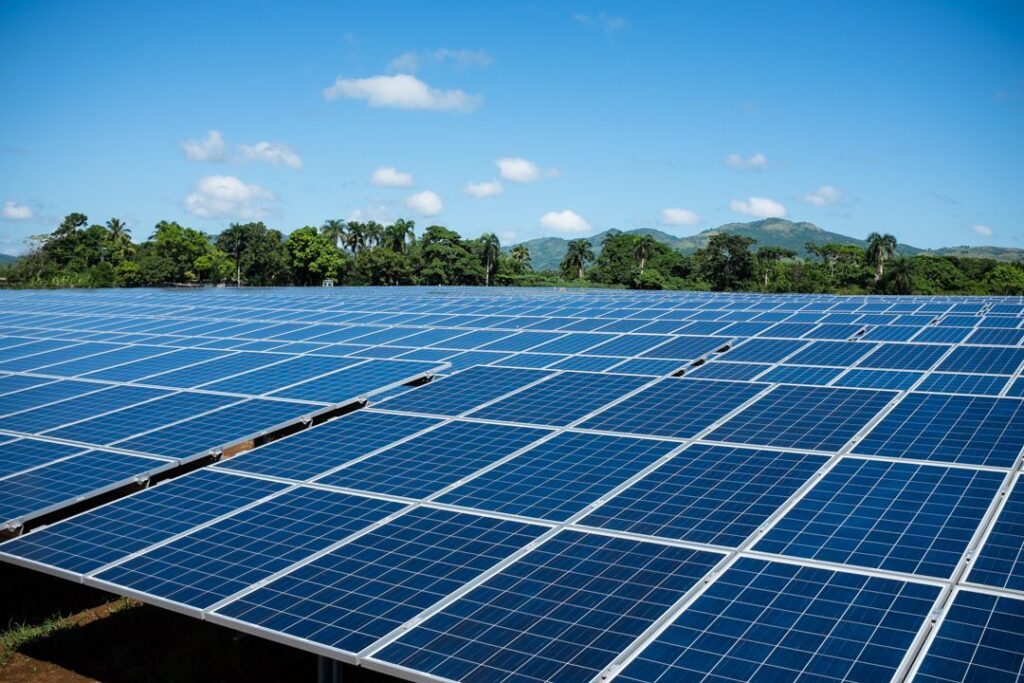
Tripura is set to intensify its focus on solar power as a sustainable alternative, with gas-based electricity generation witnessing a significant decline. Power Minister Ratan Lal Nath, speaking at a public programme in Durgachowmuhani, Dhalai district on Monday, said that dwindling natural gas reserves are severely affecting the state’s energy production capabilities.
“Tripura’s future lies in solar energy,” Nath stressed, adding that four out of five natural gas-powered plants in the state are currently producing far below their installed capacities.
Sharp Decline in Gas-Based Power Output
The minister outlined the alarming shortfall in generation figures:
The Palatana power plant, with an installed capacity of 726 MW, is currently producing only 520 MW.
The Manarchak plant is generating 60 MW out of its 100 MW capacity.
RC Nagar plant, operated by NEEPCO, is producing 80 MW against its 135 MW capacity.
The Rokhia power plant is generating 80 MW despite an installed capacity of 63 MW.
The reasons, Nath explained, lie in the reduced supply of natural gas to the plants — a challenge that is expected to persist unless alternative energy solutions are implemented.
Rising Demand and the Renewable Push
Currently, Tripura requires an average of 370 MW of electricity daily. However, with rapid urbanisation, industrial growth, and expanding infrastructure, this demand is expected to almost double to 700 MW by 2030. Nath emphasised that meeting this demand solely through gas-based plants is unrealistic, making renewable energy adoption not just an option, but a necessity.
The state government is now focusing on ramping up solar energy projects, including rooftop installations, solar parks, and decentralised generation units in rural areas. Officials believe this transition will not only bridge the demand-supply gap but also make Tripura less dependent on fossil fuels, aligning with India’s broader renewable energy goals.
A Call for Energy Security
Nath urged stakeholders, including private investors and central agencies, to support Tripura’s clean energy ambitions. “We must act now to ensure that our future generations have a stable, reliable, and sustainable power supply,” he said.
With the state facing both a supply crisis and an ever-growing demand for electricity, the push towards solar energy is emerging as the most viable long-term solution.
